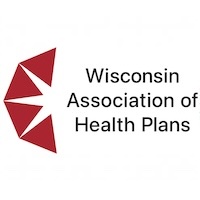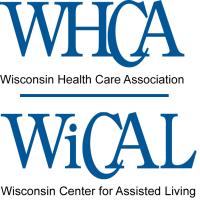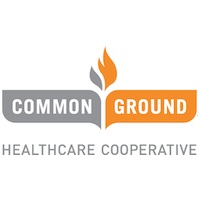
Felzkowski calls for Medicaid block grants, work requirements
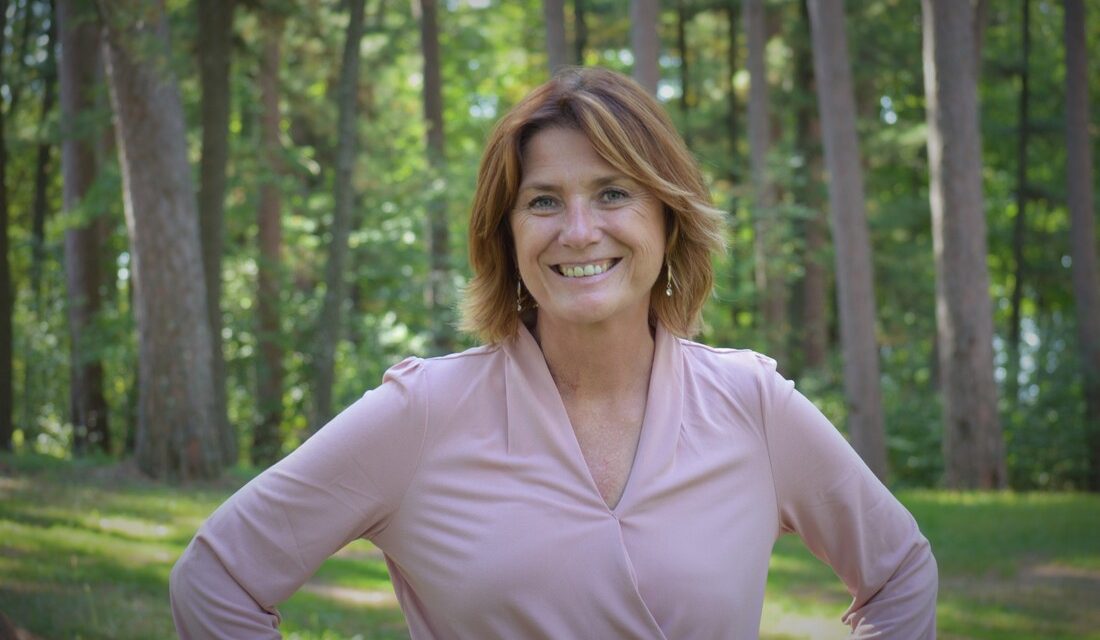
Senate President Mary Felzkowski, R-Tomahawk, is passionate about healthcare quality and reducing costs in Wisconsin. In a recent interview, she noted a study released last year ranked the state fifth highest for hospital prices in the country.
“We need to do something,” she told Wisconsin Health News.
Felzkowski would like to see the state have a greater role in designing its Medicaid program, further investments in long-term care and a state law allowing some nurse practitioners to practice independently of doctors.
Some of her proposals have faced opposition in the past. Insurers and pharmacy benefit managers pushed back against her sweeping plan that targeted practices by pharmacy middlemen. Felzkowski said she will release a “stronger” proposal soon.
Wisconsin hospitals, which have disputed the study on hospital prices, opposed her plan last session to create state penalties for not following price transparency rules, citing federal enforcement and concerns about changing regulations.
Felzkowski said she’s passing the baton on that bill to Sen. Julian Bradley, R-New Berlin, due to her new role as Senate president, a position she started last month. For similar reasons, she’s handed off her work on medical marijuana legalization to Sen. Patrick Testin, R-Stevens Point.
She said she’s in a “holding pattern” on further dental legislation, after enactment of a plan she championed that authorized the licensure of dental therapists, which are mid-level dental care providers.
Down the road, Felzkowski would like to focus on special needs dentistry and find a location in northern Wisconsin to provide it. The sites offering the care now are in southern Wisconsin.
Felzkowski spoke Tuesday morning, before Gov. Tony Evers released his 2025-27 budget. Republicans have vowed to overhaul the two-year spending plan.
Edited excerpts from her interview are below.
WHN: What would you like Medicaid to do that it’s not doing now?
Felzkowski: In the past in Wisconsin, under (former Republican Gov. Scott Walker), we had that you have to work in order to receive benefits. I would like that more fully. I think there’s a lot of adults that are receiving benefits that could work a 40-hour week. I have no idea why they’re not doing that. I would like to be able to implement that.
I would like the state to be able to design their own programs. What works in Wisconsin doesn’t necessarily work in other states. What works in other states doesn’t necessarily work in Wisconsin. That’s why I like the idea of a block grant.
Keep in mind that Medicaid has essential benefits, where everybody has to offer the essential benefits, and then you can stack on benefits on top of that. Wisconsin, at one time, decided that they were going to be very generous, and they offered all benefits. I don’t know if that’s going to be sustainable in the future, and that’s one of the reasons that we have such a high cost-to-continue …. We’ve been told by the Legislative Fiscal Bureau that it’s like $1.6 billion in order to do that. So as we age, elderly, blind and disabled, those are some of our highest costs. People in palliative care is one of our highest costs. So we might have to take a look at: Will we be able to continue 100 percent of the benefits into the future?
WHN: Last summer, the Department of Health Services implemented a $258 million fee schedule for some Medicaid-funded long-term care services. Is that something you’d like to continue?
Felzkowski: Absolutely. That’s part of the cost to continue, and that’s something that Republicans in both houses support.
WHN: What are your long-term care priorities?
Felzkowski: We did large increases to workforce payments inside the (23-25 state) budget and in the fee schedule. I think it was about $15 an hour that they did in the fee schedule … I don’t think that’s a sustainable number. I think that number is going to have to be increased.
We have a segment of the population that gets caught where they don’t really need to be in the hospital, but they’re not ready for just a normal nursing home setting.
We need an in-between setting for them. We started working on it last session, but we timed out … That’s something that I know that the groups are working on together, and we’ve asked them to come back with some solutions on that. That’s something I think we’re going to try to address in this budgetary cycle.
WHN: Are you planning to bring back your PBM bill?
Felzkowski: We actually have a bill that will be released later this month or early in March. It’s a complete overhaul for PBMs. It’s very comprehensive. We actually passed it at the American Legislative Exchange Council this summer. It is a very strong PBM regulation, and I’m hoping to try to get that done this session, at least in one of the houses. We’re going to get a lot of pushback on it. I can tell you that.
WHN: How similar is it to the one that you authored last session?
Felzkowski: It’s a little bit even stronger than the one last session.
One of the things that we heard from our partners in the pharmacy industry is that PBMs will not reimburse. It might be 120 to 160 days, all the way up to six months before they actually even receive payments. PBMs just hold back, hold back, hold back. So we’re adding that they have 30 days to pay their bills, so to speak.
WHN: Last year, two hospitals in northwest Wisconsin closed. Do you see any further action needed?
Felzkowski: I would love to see (the advanced practice registered nurse bill) get done this year, where advanced nurse practitioners can operate independently. We have it in other states. I was very disappointed in the governor’s veto on that. I think that’s one of the worst vetoes that he has done so far, and he’s vetoed it repeatedly.
They practice very safely. They practice very independently in other states. I don’t see why that couldn’t be done here. And I think that would have picked up a lot of slack when those hospitals closed.
WHN: Do you see the budget committee releasing the $15 million set aside to help the area?
Felzkowski: Not when the bill was vetoed.
WHN: The closures caught people off guard. Should legislators require more advanced notice of healthcare facility closures?
Felzkowski: That’s a tough one. These are private entities, and I don’t want private entities to continue to operate at a loss. I wish healthcare was more free market, but we’ve allowed so many consolidations and vertical integration amongst our healthcare system that to me, it has lost its ability to be free market anymore.
So in a lot of ways, yes, I think they should have given notification. I don’t like the way that we’ve allowed the consolidation in our healthcare market. I think it’s driven costs upward. We’ve seen it in other states, and economists tell us that. I do think that maybe we should have at least a 90- or 120-day notice if they’re going to close those facilities down. Because I do think they knew that that was going to happen.
WHN: What would you like to do around mergers and consolidations?
Felzkowski: Hospital price transparency is going to help with a lot of different things. I think it’ll bring competition back. And when you have competition, I think it makes everybody have to stand up and get better at what they’re doing.
I would just say to you, ‘What do you purchase that you don’t know the cost up front?’ I go buy a piece of clothing, I know what it costs. I go buy a car, I know what I’m going to spend. I go buy furniture, I know what I’m going to spend. I go to the doctor, and I don’t have a clue until I get my explanation of benefits. Even if I have insurance, I don’t know what it’s going to be because your copays and everything can be very, very confusing.
Other states have passed this, and it’s working. We see it. I would just challenge the hospital association: Why do you not want consumers to know? We know it works.
This article first appeared in the Wisconsin Health News daily email newsletter. Sign up for your free trial here.

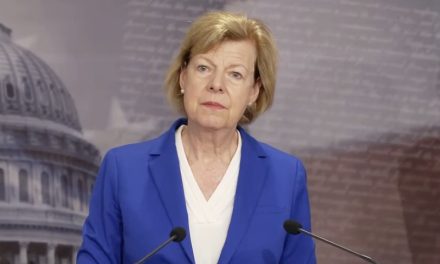
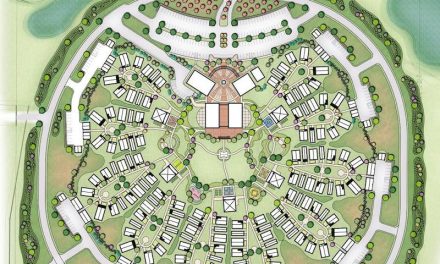
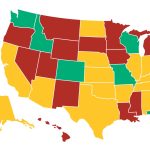




.jpg?bwg=1612548324)





